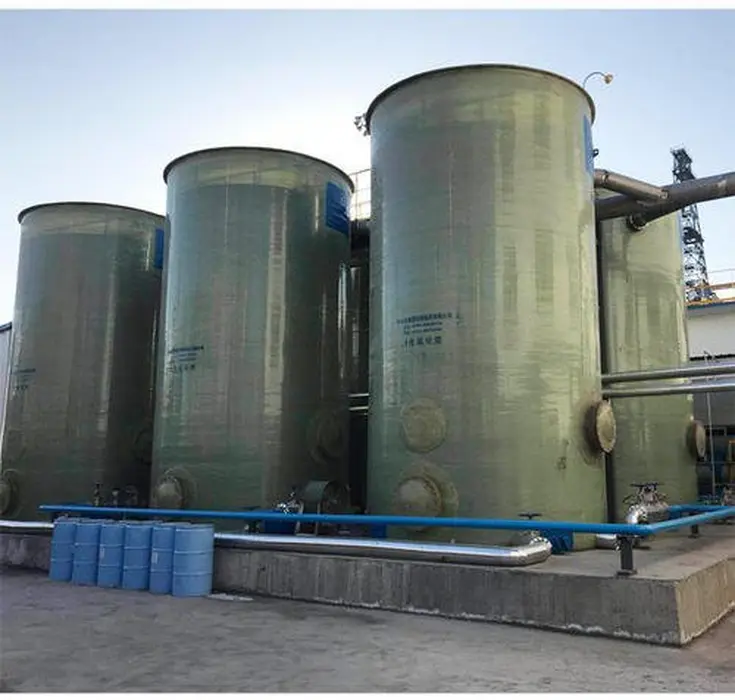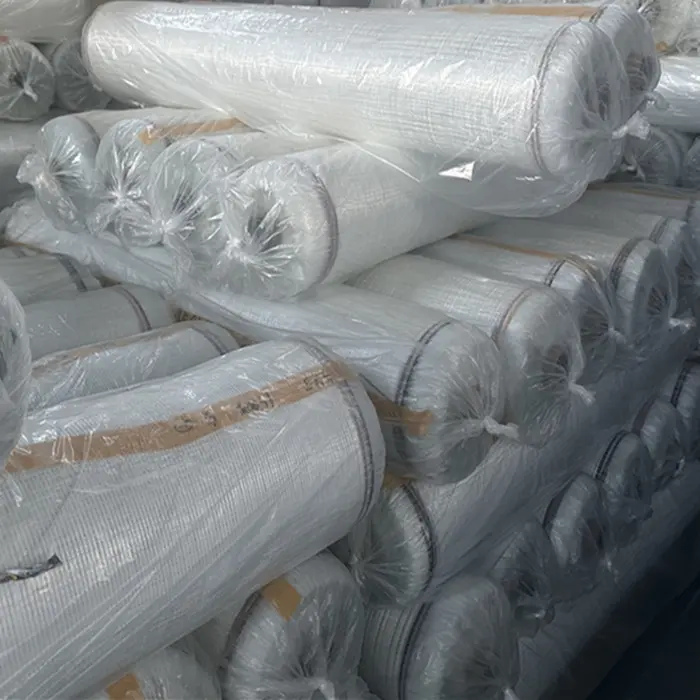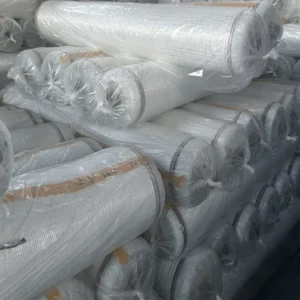Ensure thorough cleaning to eliminate contamination and drying of the surface before substrate preparation for waterproofing. Proper adhesion with the surface is achieved when there are no defects. A high-quality shield and fiberglass mesh combination creates a waterproof barrier preventing cracking and damage. Waterproofing is more effective when multiple coating layers are evenly applied and curing time is sufficient.
1. Substrate Preparation (Critical Step)
Start with thorough cleaning of the substrate to level and de-dust the surface, eliminating oil. Any holes and cracks should be sealed using appropriate sealants or patching mortar. For better coating-sticking results to the substrate, primer can be used..
2. Apply the First Layer of Waterproof Coating
Use a brush or roller to apply the first coat of liquid waterproofing material such as polyurethane, cementitious, or acrylic-based coating. Apply evenly with a moderate thickness of around 0.5 mm. Avoid applying too thickly in a single pass, as this may cause poor drying or bubble formation.
3. Lay the Fiberglass Mesh
While the first coat is still wet and uncured, lay the fiberglass mesh flat onto the surface. Use a trowel or roller to press the mesh gently, ensuring full contact with the coating and eliminating any air bubbles or wrinkles to prevent future blistering or cracking.
4. Apply the Second Layer of Waterproof Coating
Once the mesh is in place and initially set, immediately apply the second coat over it. The coating should fully saturate and cover the mesh, creating a reinforced “sandwich structure.” This second layer should be slightly thicker than the first, typically between 0.7 and 1.0 mm.
5. Additional Coating Layers (If Needed)
Depending on the waterproofing requirements, apply additional coats to increase overall thickness and durability. The total coating thickness typically ranges from 1.5 to 2.5 mm but may be thicker for special projects.
6. Curing and Protection
Allow the coating to cure in a dry environment for 24 to 48 hours after application. During this period, avoid foot traffic and water exposure. For floor applications, add a protective layer such as a cement mortar screed or floor paint to prevent mechanical damage.
Important Notes
| Item | Recommendation |
|---|---|
| Coating Condition | Do not wait until the first layer dries before embedding mesh—embed while wet |
| Mesh Overlapping | Overlap adjacent mesh pieces by 5–10 cm, and ensure seams are well pressed |
| Environmental Conditions | Avoid construction during rain, high humidity, or low temperatures (typically >5°C) |
| Material Compatibility | Match the mesh type to the specific coating used—avoid incompatibility |
Impact of Waterproof Coating Without Fiberglass Mat
Without embedding a fiberglass mat, the liquid waterproof coating may lack sufficient mechanical strength and flexibility. This can lead to cracking, blistering, and premature failure under structural movement or stress. The absence of the reinforcing layer reduces the coating’s ability to bridge substrate cracks and resist impact or wear. As a result, the waterproof layer may be more prone to damage from temperature changes, foot traffic, or substrate settlement, significantly shortening the service life and effectiveness of the waterproof system.
Contact Us
Weifang Guanlong Waterproof Material Co., Ltd.Your reliable partner for high-quality materials and professional support.
📞 Phone/WhatsApp: +86 18263668883
🌐 Website: glwaterproof.com/product/
📧 Email: guanlinguoji@126.com








